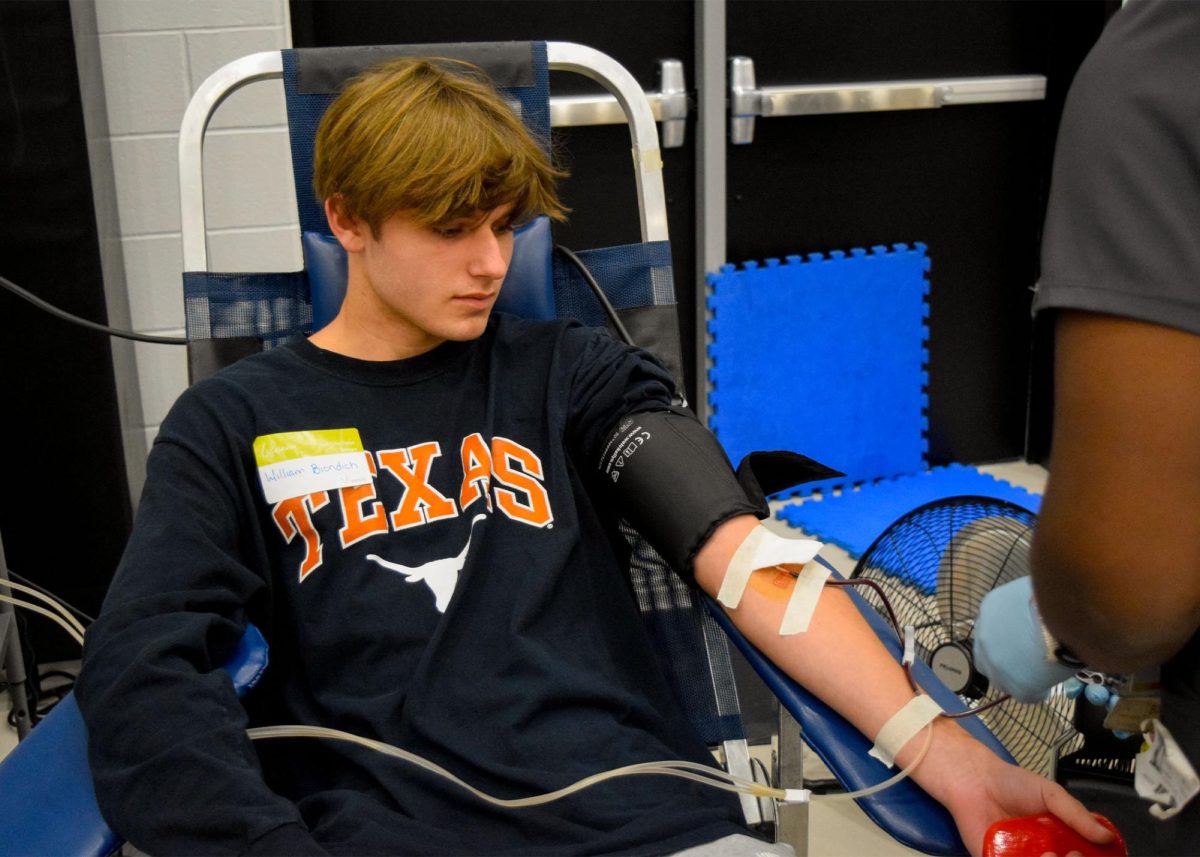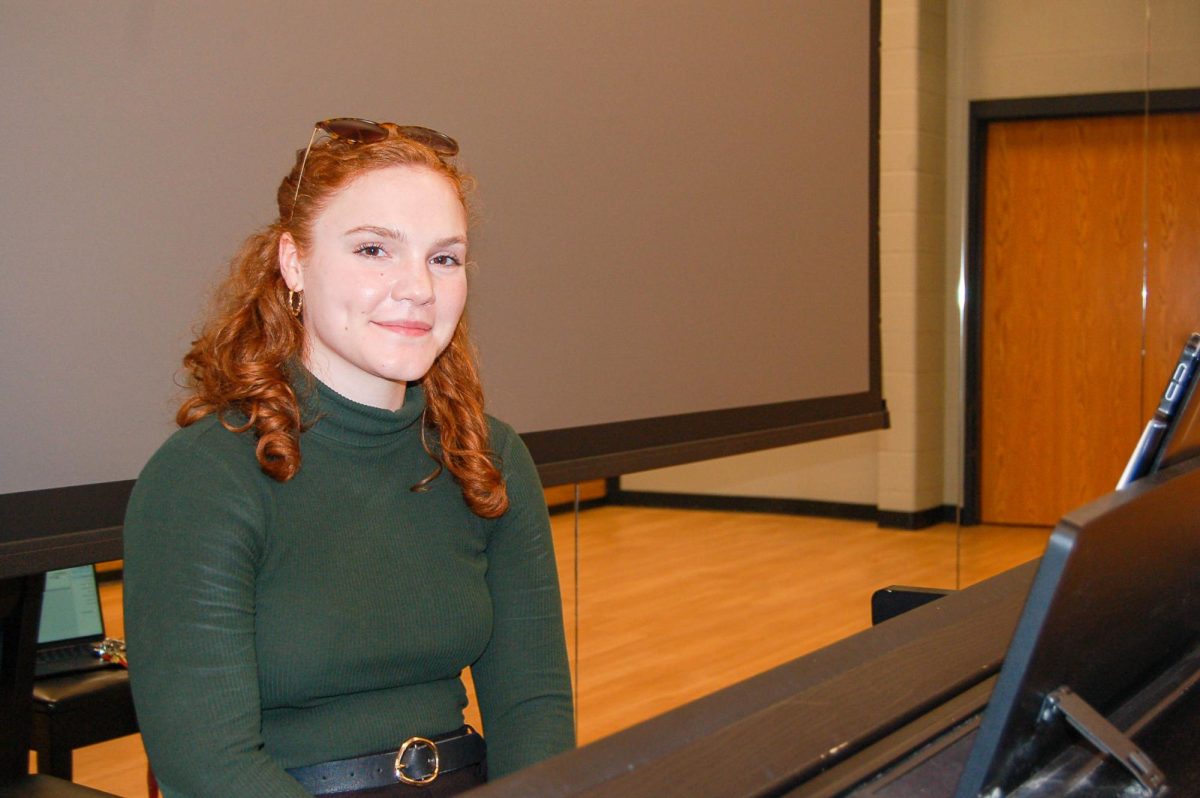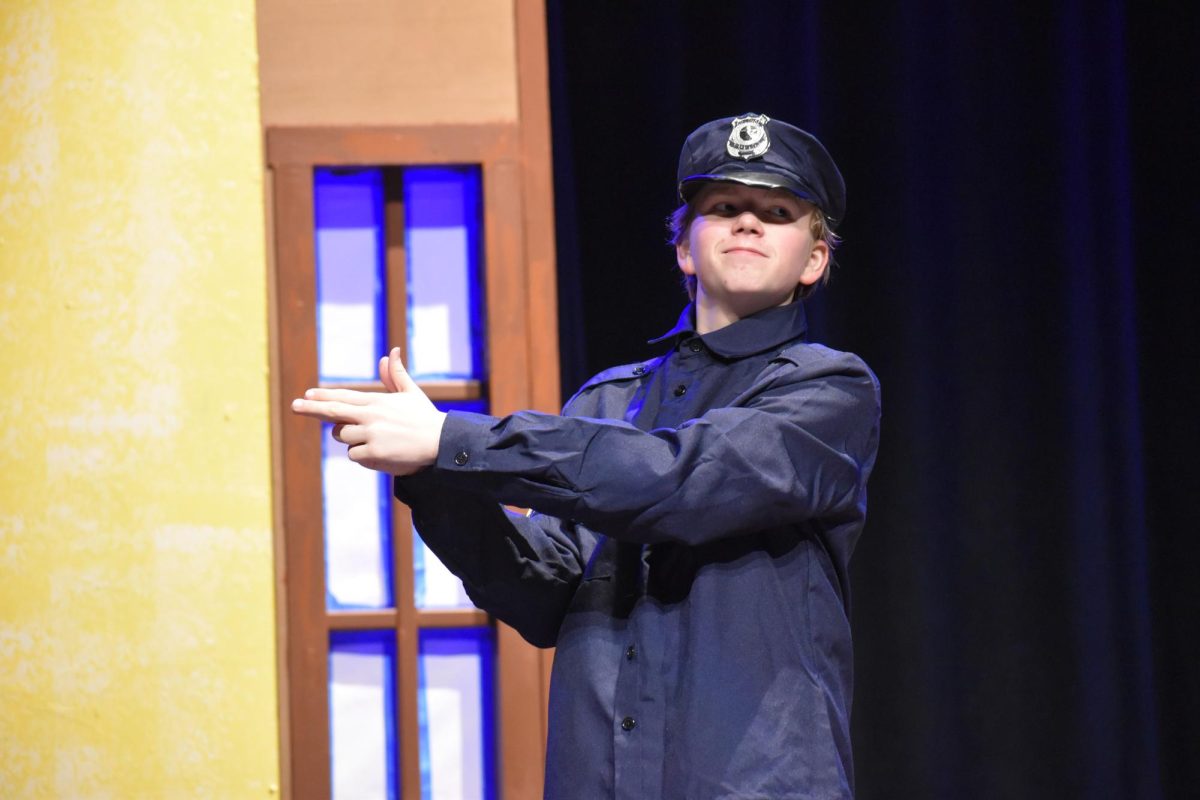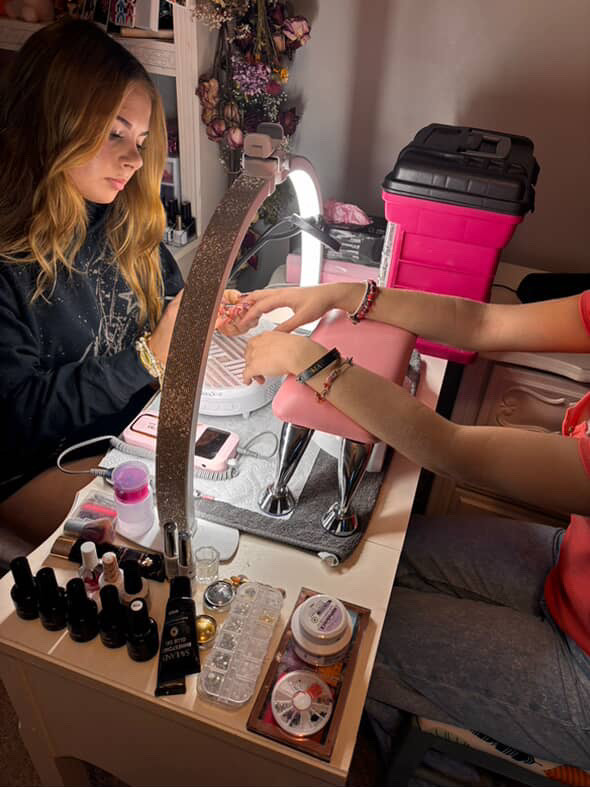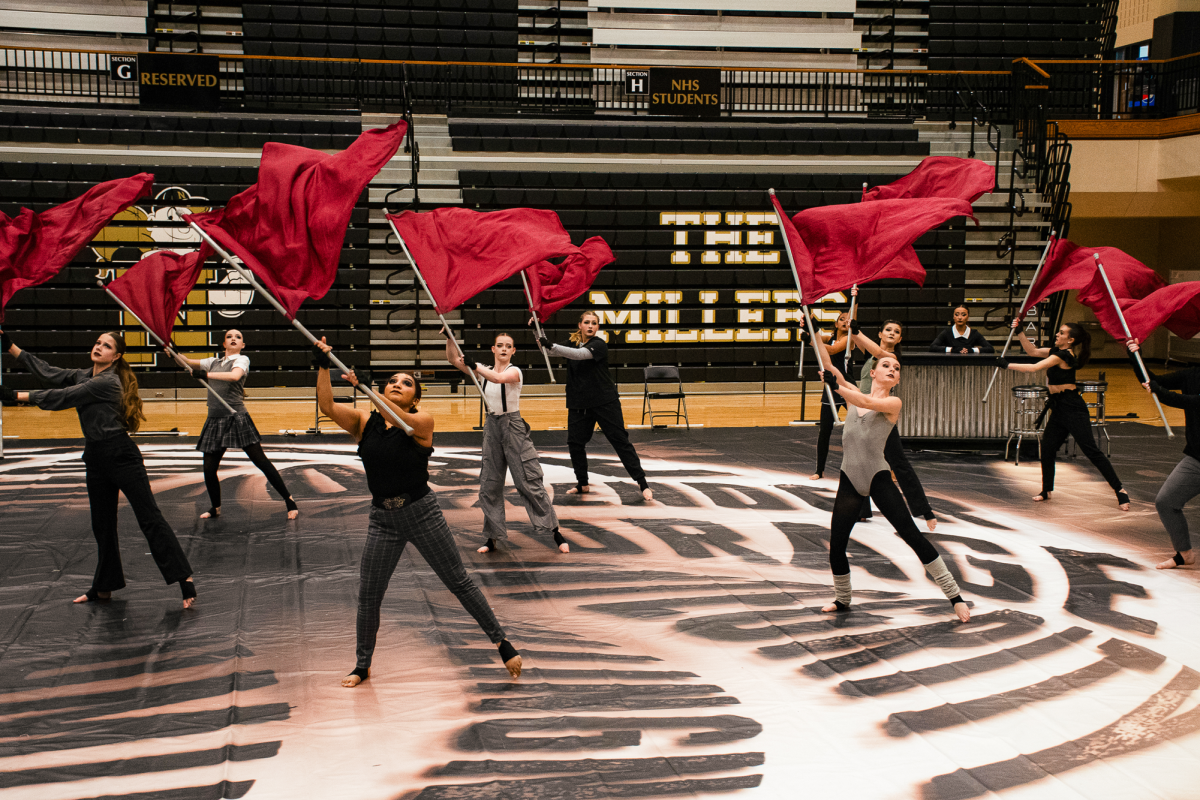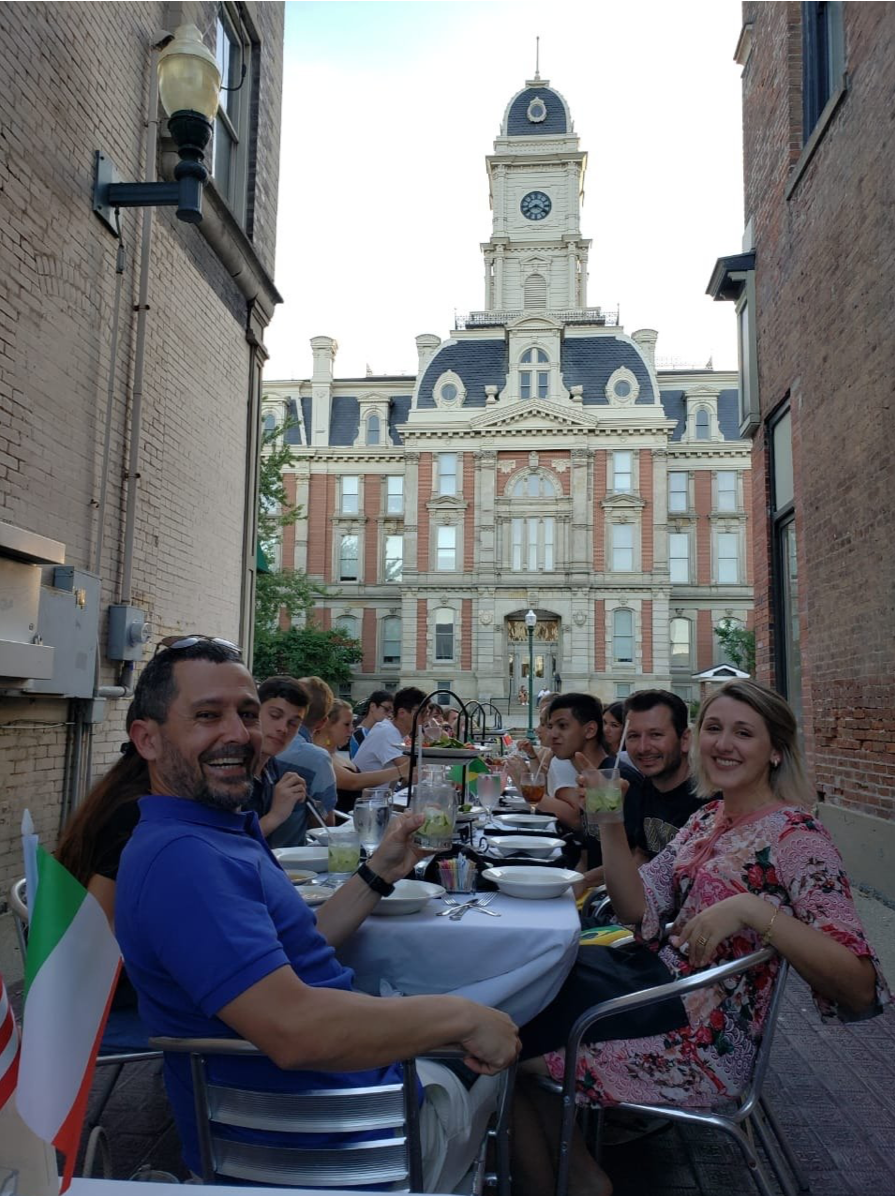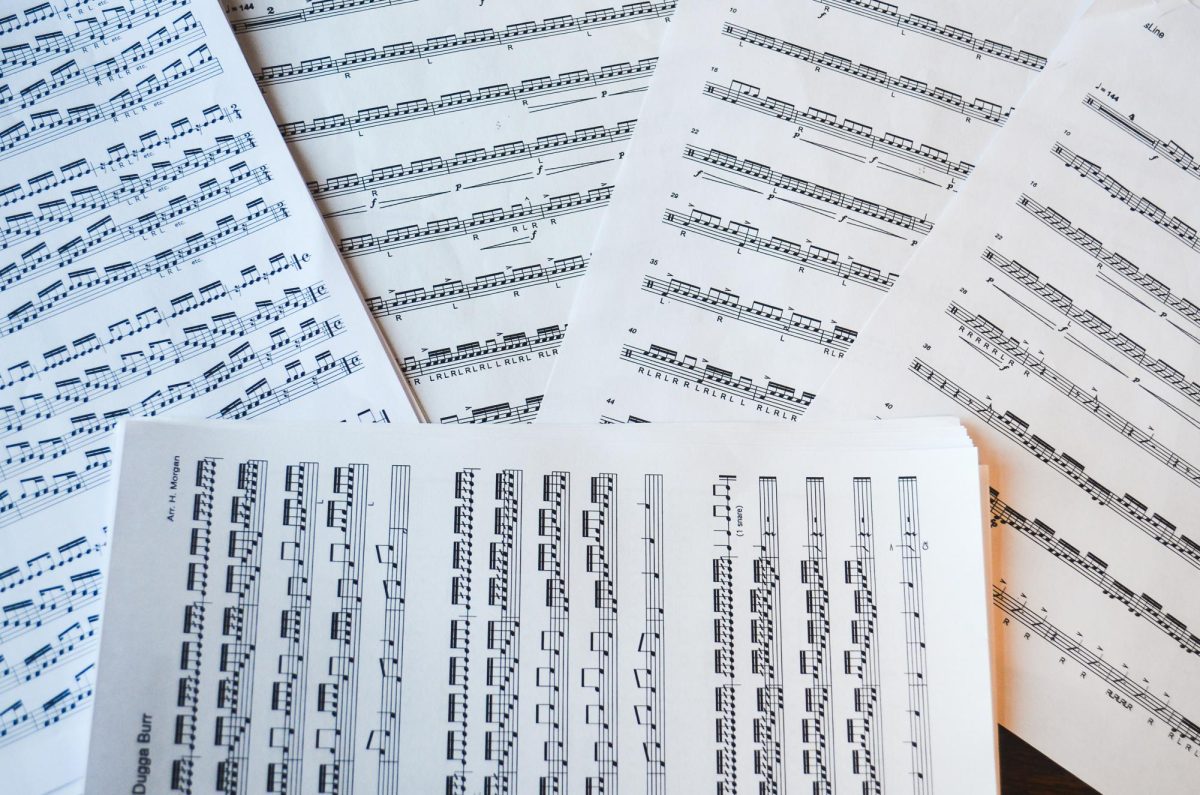Walk around any typical high school fundraiser and ask a typical high school student why they’re there and you’ll probably get typical responses. Teens like the free T-Shirts or free sandwiches that are offered, but one junior shows up because she says it’s the sacrifice that truly matters.
“I felt like I did something good,” junior Isla Thorner said. “I’ve had family members who have needed blood transfusions in the past, and some stranger went out of their way to help someone else.”
Thorner is one of the more than 100 NHS students who are showing up for the school’s blood drive. Almost every part of the world is facing a blood shortage. Hospitals say America is losing blood – or at least the access to it – fast. So the NHS community is pitching in. Patients are in need of blood as much as they ever have, but experts say there simply isn’t enough to go around.
“Versiti is the local blood provider just for the state of Indiana, and we need to see about 520 donors every day just to meet the demand of our hospitals,” Julia Patras, a coordinator for the Versiti Blood Center in Indianapolis said.
For patients in need, a blood transfusion can be the difference between life and death. Senior Logan Reichel has witnessed this urgency first-hand.
“I have an enzyme deficiency, Pyruvate Kinase Deficiency, and when I was born, I needed a blood transfusion because my red blood cells were breaking down too quickly for my body to remake them,” Reichel said. “Without a blood transfusion, I would have died.”
The American Red Cross is another organization that is working to address the nation’s donor shortage. They say more than 21 million blood transfusions are performed in the U.S. each year. These procedures help everyone from pregnant women to car crash victims. Patras says donor shortages are often caused when hospitals’ supplies are depleted by emergencies or a lack of donations.
“Our hospitals typically only have a two to three day blood supply on our hospital shelves, and if there is a large trauma or incident that happens, those shelves are often wiped causing a national blood shortage or an emergency blood shortage,” Patras said.
Patras says students can make an impact on a global blood shortage. She’s seen how high school students contribute in ways they may not even realize.
“Blood shortages often happen a lot in the summers or over breaks when schools are out because high school donors are about 25% of our donor base,” Patras said. “We really need to make sure that we get them donating and make sure there’s a stable blood supply for our hospital patients.”
For people like Thorner, donating blood is no simple task. She says she has a huge fear of needles, so her participation required her to conquer her fears, which she says taught her a valuable lesson. The prospect of saving the life of someone she doesn’t even know made it a simple decision.
“I was nervous. I’m afraid of needles, and I know they hurt. But you know you’re doing something good, and that kind of takes away from the stress and anxiety,” Thorner said. “I would really like to think that what I did helped someone.”



